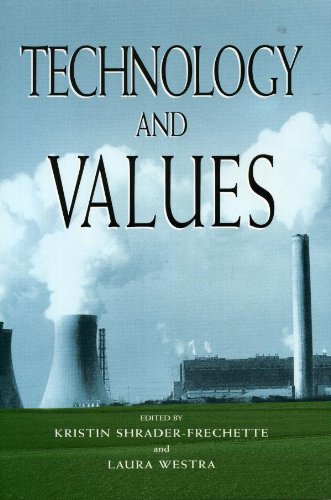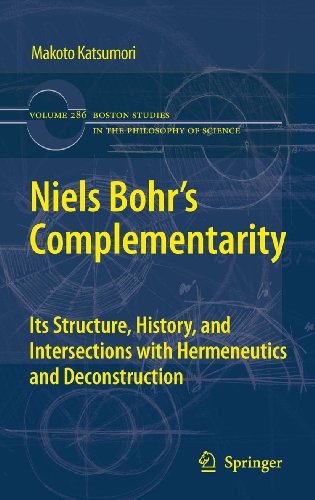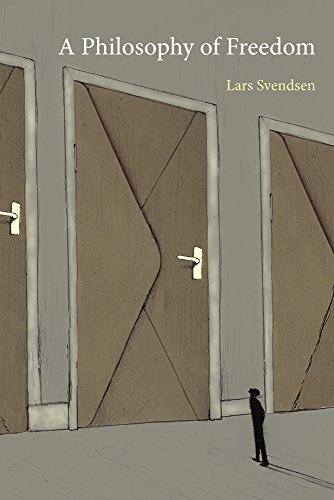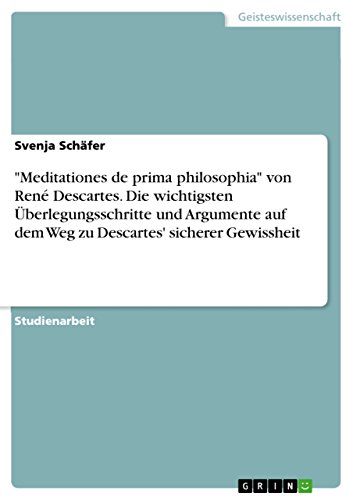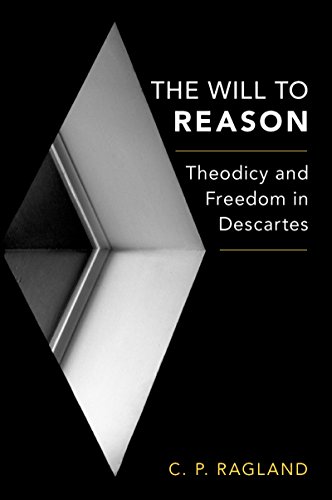
By C. P. Ragland
ISBN-10: 0190264454
ISBN-13: 9780190264451
A universal thread runs via Descartes' radical First Meditation doubts, his Fourth Meditation dialogue of errors, and his pious reconciliation of windfall and freedom: every one includes a conflict of perspectives-thinking of God turns out to strength conclusions diametrically against these we achieve whilst considering purely of ourselves. Descartes fears skeptic may take advantage of this conflict of views to argue that cause isn't really reliable simply because self-contradictory. To refute the skeptic and vindicate the consistency of cause, it's not adequate for Descartes to illustrate (in the 3rd Meditation) that our writer is ideal; he also needs to convey (in the Fourth) that our error can't turn out God's imperfection. to do that, Descartes invokes the concept we err freely. notwithstanding, customers firstly appear dim for this unfastened will theodicy, simply because Descartes looks to lack any constant or coherent knowing of human freedom.
In an incredibly in-depth research spanning 4 chapters, Ragland argues that regardless of preliminary appearances, Descartes continuously provided a coherent knowing of human freedom: for Descartes, freedom is such a lot essentially the power to do the best factor. on the grounds that we frequently do flawed, genuine people needs to as a result manage to do otherwise-our activities can't be causally made up our minds via God or our psychology. yet freedom is in precept appropriate with determinism: whereas leaving us unfastened, God may have decided us to regularly do the nice (or think the true). although this belief of freedom is either constant and appropriate to Descartes' reasons, whilst he makes an attempt to reconcile it with divine windfall, Descartes's approach fails, operating afoul of his notorious doctrine that God created the everlasting truths.
Read Online or Download The Will to Reason: Theodicy and Freedom in Descartes PDF
Similar modern philosophy books
Technology and Values by Dr. Kristin Shrader-Frechette,Laura Westra,Danny PDF
Expertise and Values offers a hugely helpful choice of essays prepared round concerns on the topic of technological know-how, know-how, public health and wellbeing, economics, the surroundings, and moral thought. The editors current powerful introductions that offer heritage info in addition to philosophical instruments and case reports to facilitate figuring out of the diversity of matters emanating from the main major advancements in know-how, together with the results on privateness of the frequent use of desktops to shop and retrieve own info and the moral concerns of genetic engineering.
Read e-book online Niels Bohr's Complementarity: Its Structure, History, and PDF
This booklet explores the trendy physicist Niels Bohr’s philosophical idea, particularly his pivotal inspiration of complementarity, with a spotlight at the relation among the jobs of what he metaphorically calls “spectators” and “actors. ” It seeks to spell out the structural and historic complexity of the assumption of complementarity by way of various modes of the ‘spectator-actor’ relation, displaying, particularly, that the reorganization of Bohr’s suggestion ranging from his 1935 debate with Einstein and his collaborators is characterised by means of an extension of the dynamic perception of complementarity from non-physical contexts to the very box of quantum concept.
Get A Philosophy of Freedom PDF
What's human freedom, and what are its major threats at the present time? those questions and extra are mentioned in Lars Svendsen’s entire research of the character of freedom in modern society. Our behaviours, innovations and activities are ruled by means of various regulations, closing dates and burdens. Taking a wide procedure throughout metaphysics, politics and ethics, A Philosophy of Freedom questions how we will be able to effectively create significant lives for ourselves and others after we are estranged during this method from the very suggestion of what it potential to be loose.
Svenja Schäfer's "Meditationes de prima philosophia" von René Descartes. Die PDF
Studienarbeit aus dem Jahr 2016 im Fachbereich Philosophie - Philosophie des 17. und 18. Jahrhunderts, be aware: 1,0, , Sprache: Deutsch, summary: In dieser Hausarbeit soll unter anderem der sogenannte „methodische Zweifel“, welchen Descartes in den Meditationen gezielt für seinen Beweis der Gewissheit nutzt, rekonstruiert und erläutert werden.
- Einführung in die mathematische Philosophie (Philosophische Bibliothek 536) (German Edition)
- Simone Weil's Apologetic Use of Literature: Her Christological Interpretation of Classic Greek Texts: Her Christological Interpretation of Ancient Greek ... Modern Languages and Literature Monographs)
- Topica Universalis: Eine Modellgeschichte humanistischer und barocker Wissenschaft (Paradeigmata 1) (German Edition)
- Ursprung und Grenzen des Falsifikationismus nach Karl Popper (German Edition)
- Le Sens moral: Une histoire de la philosophie morale de Locke à Kant (Débats philosophiques) (French Edition)
Extra info for The Will to Reason: Theodicy and Freedom in Descartes
Sample text
The Will to Reason: Theodicy and Freedom in Descartes by C. P. Ragland
by Daniel
4.3
